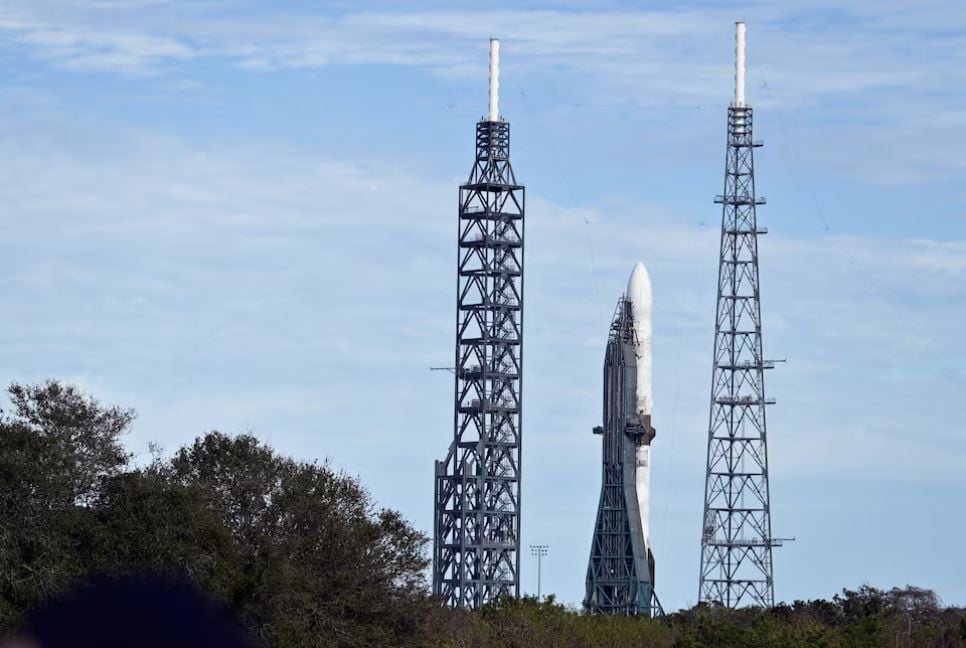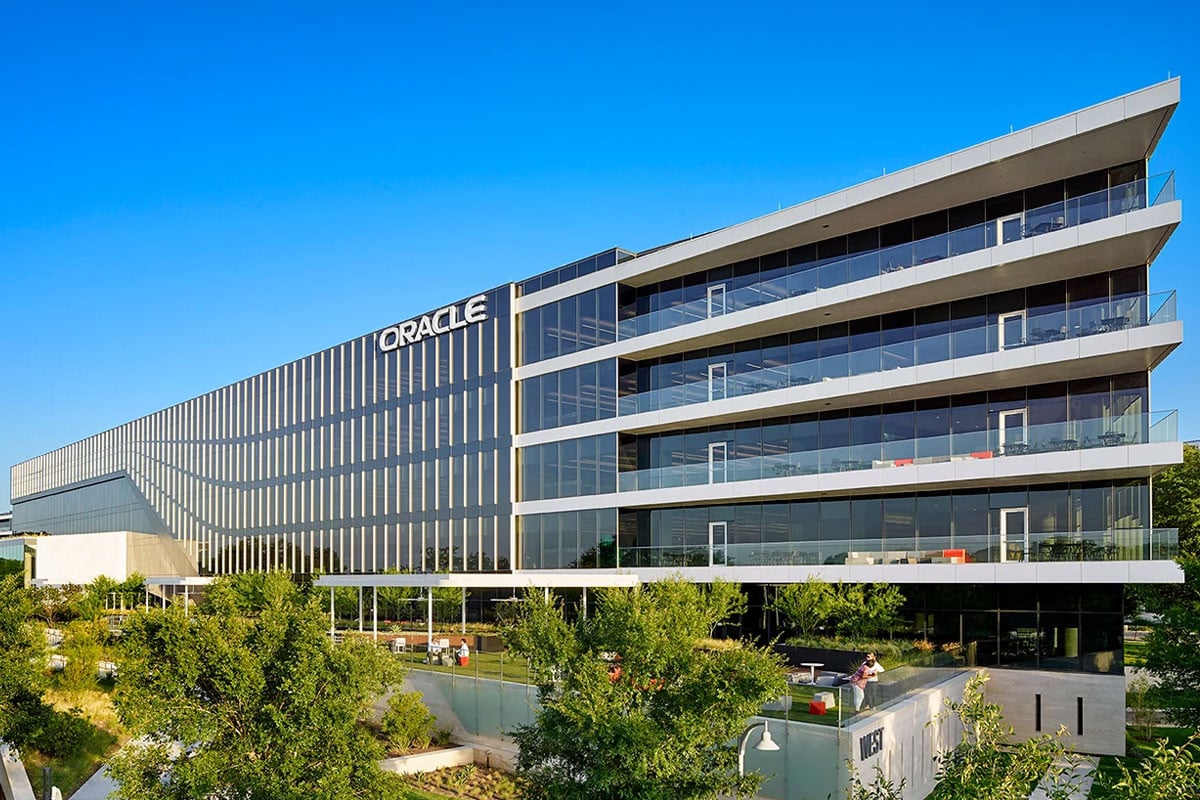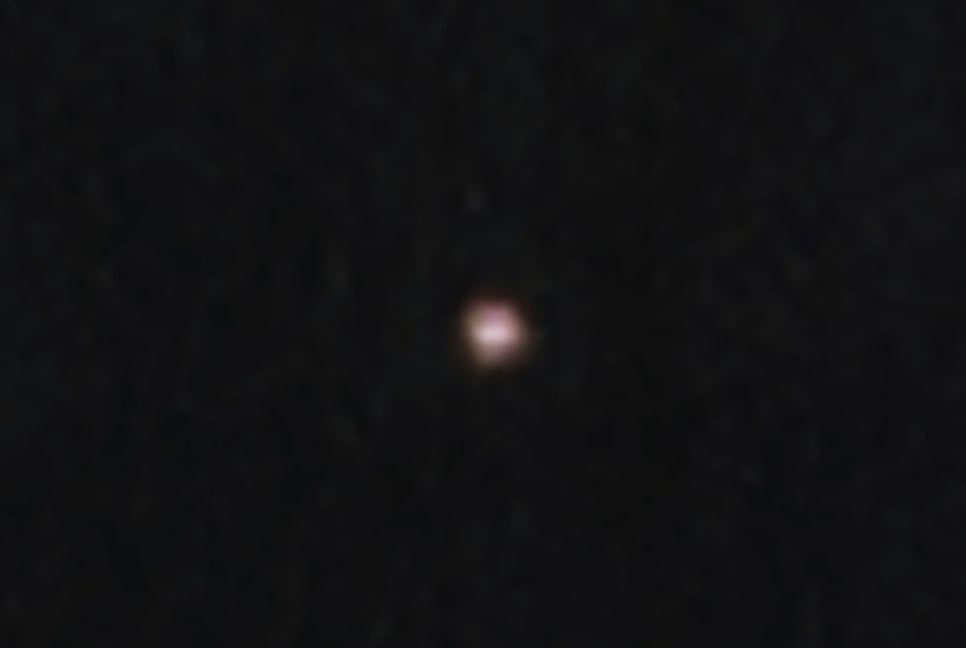Blue Origin's giant New Glenn rocket blasted off from Florida early Thursday morning on its first mission to space, an inaugural step into Earth's orbit for Jeff Bezos' space company as it aims to rival SpaceX in the satellite launch business.
Thirty stories tall with a reusable first stage, New Glenn launched around 2 a.m. ET (0700 GMT) from Blue Origin's launchpad at the Cape Canaveral Space Force Station, its seven engines thundering for miles under cloudy skies on its second liftoff attempt this week.
Hundreds of employees at the company's Kent, Washington headquarters and its Cape Canaveral, Florida rocket factory roared in applause as Blue Origin VP Ariane Cornell announced the rocket's second stage made it to orbit, achieving a long-awaited milestone.
"We hit our key, critical, number-one objective, we got to orbit safely," Cornell said on a company live stream. "And y'all we did it on our first go."
The rocket's reusable first stage booster was due for a landing on a barge in the Atlantic Ocean after separating from its second stage, but failed to make that landing, Cornell confirmed. Telemetry from the booster blacked minutes after its liftoff.
"We did in fact lose the booster," Cornell said.
The culmination of a decade-long, multi-billion-dollar development journey, the mission marks Blue Origin's first trek to Earth's orbit, where it plans to send dozens of customer satellites lined up on New Glenn's mission backlog.
Secured inside New Glenn's payload bay for the mission is the first prototype of Blue Origin's Blue Ring vehicle, a maneuverable spacecraft the company plans to sell to the Pentagon and commercial customers for national security and satellite servicing missions.
The rocket's first attempt to launch on Monday was scrubbed around 3 a.m. ET because ice had accumulated on a propellant line. On Thursday, the company cited no issues ahead of launch.
Bd-pratidin English/Fariha Nowshin Chinika































































